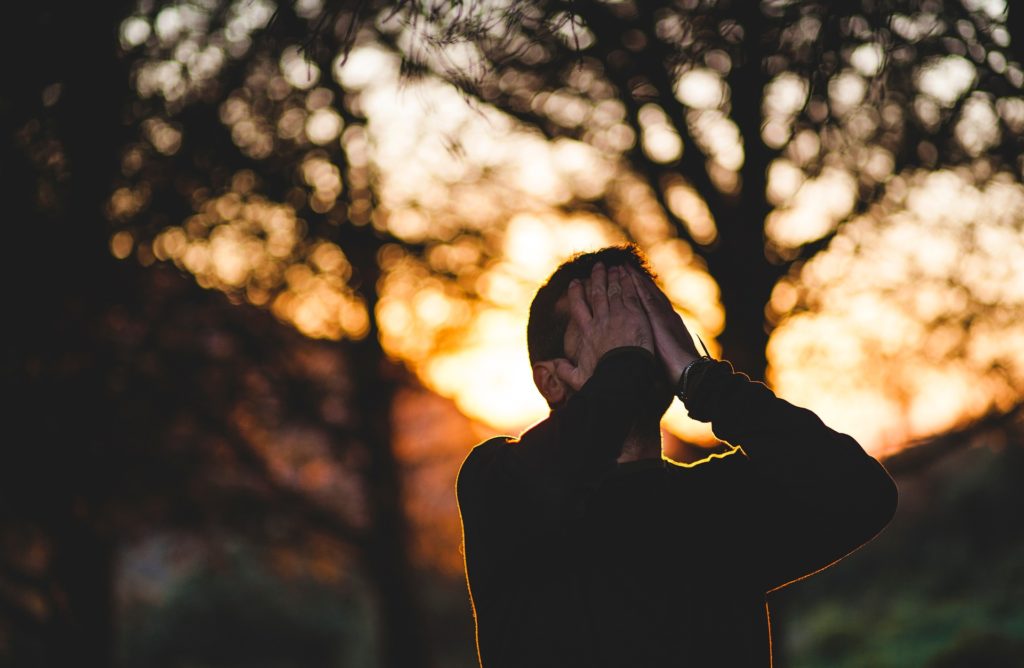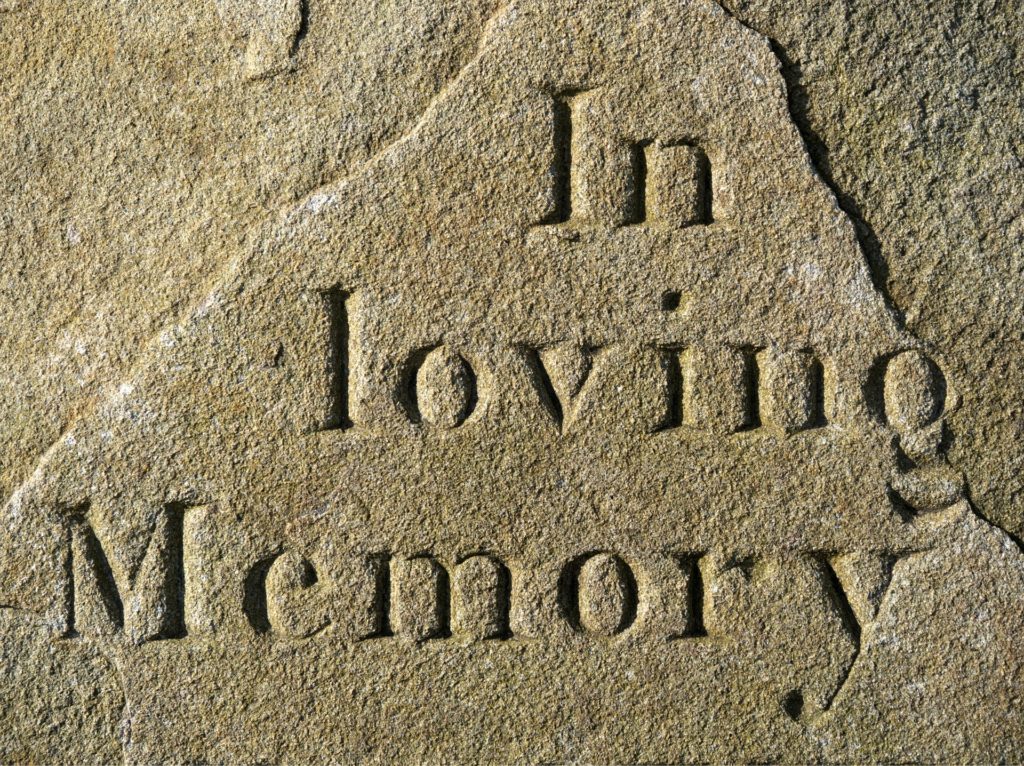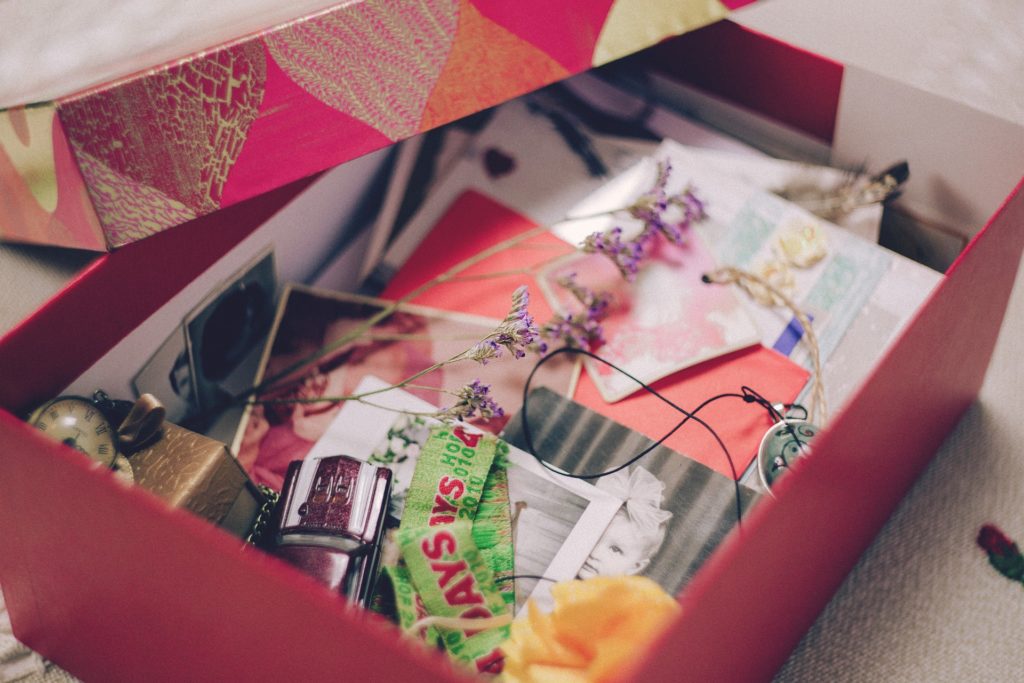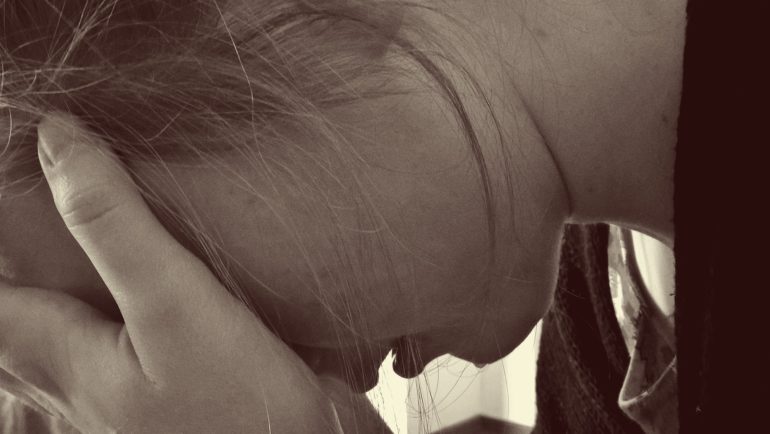Below, our ‘Listening Helper’ Lynette has given us a few tips on how to cope with grief and bereavement …
We all go through loss in our lifetime. You may experience a great sense of loss following, for example, divorce, abuse, children leaving home, the end of your fertility, a mastectomy or hysterectomy, moving home, redundancy or retirement.
Going through loss can greatly impact on your self-confidence, sense of control, passion for life, faith, sense of identity, security and trust in others. Life is a continual sequence of changes; some may be minor, while others are tougher due to their scale of significance. When we look at our personal life line, we can see changes such as adolescence, relationships, forming close attachments and social and economic changes often related to work and health. Bereavement is the most troublesome and painful transition we will go through.
What is Bereavement?
Bereavement is a normal, natural reaction and essential response to loss or death. It can either be short-lived or last a long time. We can also find that we allow ourselves to become distracted or disassociated from our grief to stop the pain, only for it to be triggered months or years down the line. Our grief can also depend on the circumstances of the death or on previous loss we may have experienced.
The use of the term ‘bereavement’ is the one way of marking the significance of the loss and the difficulty in facing the knowledge we won’t be able to see the person again. Bereavement affects people in different ways, because each person’s experience and responses will be unique to them. There is no right or ‘normal’ response because people respond differently to similar levels of change, which also depend on factors including personality, culture, environment and religion.

Manifestations of Grief
There are a number of ways in which grief can show itself, including:
- Strong, frightening feelings
- Shock or numbness, with things seeming unreal or dreamlike
- Anger or irritation, including a sense of injustice
- Guilt or depression, for not having prevented the death or for things you said or did
- Sadness
- Shame
- Anxiety
- Loneliness
- Helplessness
- Relief
Bereavement can affect your thinking, and even the way your brain works. You may be in denial and find yourself going over events and asking why. You may experience sudden mood swings, daydreams, forgetfulness and preoccupation as the stress affects your ability to focus on the here and now. You may have poor concentration or you may experience intrusive thoughts and memories, nightmares or flashbacks. You may feel confused, have feelings of blaming others or find yourself recalling the events around the death or even other bereavements and losses.
Panic Attacks?
Bereavement also comes with an array of physical reactions, such as a lump in your throat or a dry throat, feeling tense, a fast heartbeat or rapid breathing, lack of energy and changes in bowel movements. People experiencing bereavement are often more vulnerable to physical illnesses too.
You may also find your behaviour changing and find yourself searching, clinging or pining, feeling restless, crying in situations in which you wouldn’t usually cry or being clumsier or more accident-prone. You may feel restless or experience panic attacks, notice changes in appetite or sleep patterns or start drinking excessively, taking drugs or even self-harming. It’s also very common to avoid situations, objects or people that remind you of the event or loss.
All of this can impact hugely on relationships with family, friends and colleagues. Some people are able to support one another, but others may struggle. Think about this when you lose a person from your life – people can be extremely understanding of grief or find it difficult to know what you’re going through. A crisis of change can bring people together but it can also bring tension and strain, and you may feel isolated despite being around family and friends. It’s common to want to be left on your own or with a few select people who know and understand what has happened.

Why Do We Grieve?
John Bowlby was a British psychologist and psychoanalyst who devoted much of his professional career to the area of attachment, loss and bereavement. His theory of attachment – that we come into the world biologically pre-programmed to form attachments, in order to survive – helps us to understand why we make strong bonds. With a colleague, he broke down the grieving process into four stages:
- Shock and numbness, which may last for a few hours or much longer.
- Yearning and searching, involving feelings of guilt, anger and painful questioning about the meaning of life and loss.
- Disorientation and disorganisation. This phase can be marked by depression as the loss becomes a reality.
- Reorganisation and resolution, which can see renewed energy and self-confidence and the ability to feel joy again.
These stages may overlap, reoccur or be skipped altogether, but importantly they can give structure to someone who is grieving and finds themselves in chaos.
If you recognise these signs following a bereavement, either in yourself or another, you can process the stage or offer practical advice and assistance to another person as they go through the stages. If your support isn’t enough to help them progress, they might benefit from counselling. Counselling can help people accept the reality of the loss, work through the pain and grief and adjust to an environment without the person who has died. The grieving process can be complicated, particularly if we have ambivalent feelings about the person or when a number of bereavements happen together or in quick succession.

How to Cope with Grief and Bereavement?
Coping with loss and bereavement is a transition which can be seen as a crisis, because it can be unexpected or sudden and leaves no time to prepare. Bereavement is often beyond the personal coping resources of the individual, as it’s forced upon us and can’t be controlled by individual choice. As a counsellor, it’s my task to facilitate, help and support people through grief. This can include:
- Encouraging them to talk about the person who has died, to help them remember what they were like
- Suggesting they look at photographs and frame some which are special
- Making a memory box of special things belonging to or reminding them of the person
- If children are grieving, suggesting they make a scrapbook, draw a picture or write a poem

If you are supporting a loved one through their loss, acknowledge their grief, reassure them and recognise that they may need time to be quiet and alone. Accept that they may sometimes behave in ways that are unusual or inappropriate.
Useful links:
British Association for Counselling and Psychotherapy
Love, Lynette x




